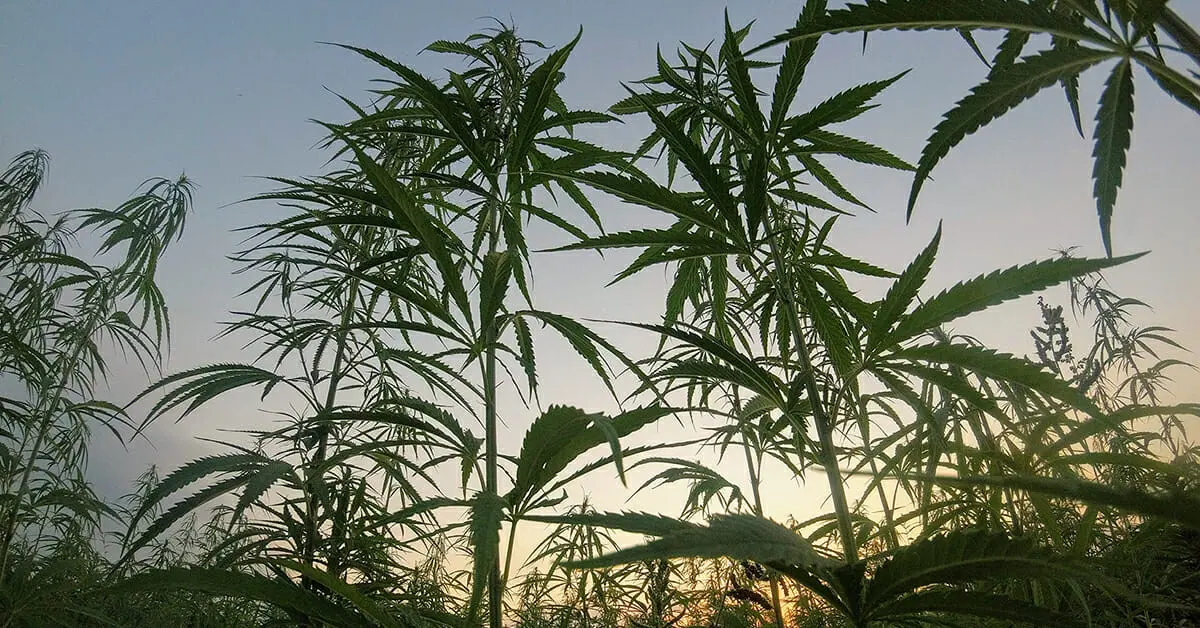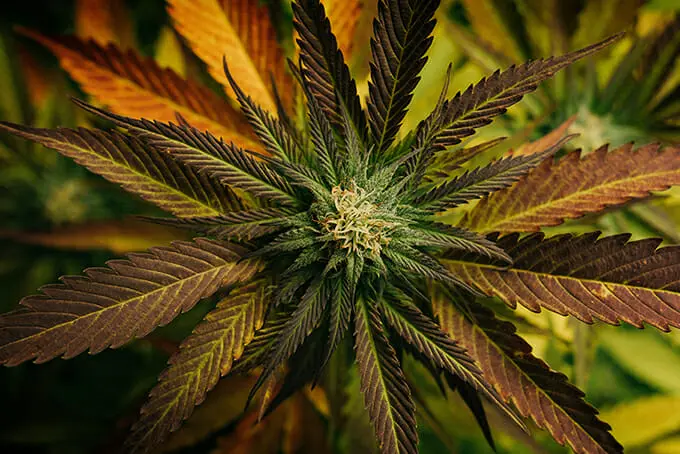When harvest season arrives, the leaves morph into a rainbow of fall hues, the cool air calls for a cozy sweater, and the cannabis plants are patiently waiting. Harvest season also brings about the annual emergence of a special marijuana subculture known as cannabis trimmers.
Out of all the entry-level cannabis jobs in the industry, arguably the most popular one is that of the weed trimmer. Today, we’re putting a spotlight on the role of the cannabis trimmer– an essential position in the space. And although the job is prevalent, the work of a cannabis trimmer tends to go under-appreciated. In this guide, we’ll cover what it takes to be a cannabis trimmer, daily tasks, career outlook, and more.
Cannabis Trimmer Tales
There are plenty of stories of travelers, artists, and even nomadic tribes who spend harvest season traveling across Northern California to trim, getting their information through word of mouth. Digging deeper, there are tales of cannabis trimmers making upwards of $20,000 every season. The story continues with them using their earnings to travel the world, create art, and do what they love. Typically, the grower provides trimmers with room and board for the duration of their stay, which can be up to three months. Although the lifestyle of a trimmer can be adventurous and even liberating, trimming can be both mentally and physically grueling. And, it’s not just aimless trimming–as the strain dictates how the cannabis plant should be cut. Without a doubt, trimming is an art form. So, if you’re considering going for some weed trimmer jobs, you’ll deepen your cannabis culture.
Requirements
Cannabis trimmers deal with long hours of physical work, requiring tons of focus. However, if you can manage to do the work, it’s a terrific entry-level cannabis job. Typically, a cannabis trimmer needs to be 21 years or older and pass a criminal background check. Although, this rule depends on the state. Additionally, you’ll need a valid driver’s license or state ID card to be considered for weed trimmer jobs. You may also need a specific state badge, depending on the state. Regarding education, it depends on the grower. However, high school education is required most of the time.
Experience in the medical or adult-use cannabis industry is a big plus, but not required. A solid understanding of different cannabis strains and the anatomy of the marijuana plant is also a big plus and might be a requirement depending on the operation. Bud trimmers must also be dexterous and precise and have the ability to maintain an organized work environment to avoid contamination. Furthermore, they should be able to weigh trimmed cannabis accurately and identify strains. Sometimes, a cannabis trimmer must interact with consumers, so they need customer service experience.
Trimming Camaraderie
Within the exclusive cannabis trimmer subculture, camaraderie is usually strong. When a trimming project ends at one operation, trimmers will usually assist one another in finding the next gig. Sometimes word-of-mouth is the best way cannabis trimmers find their next project. Bud trimmers also share their experiences with the different growers they work with. So, if you’re a cannabis grower that has treated a cannabis trimmer poorly, your reputation will more than likely spread quickly. Perhaps the reason why many trimmers share a deep bond is that they share a specific experience. They are ganja stylists that are prepared to stay or go at a moment’s notice and deal with the same risks and uncertainties that make the job an adventure.
Daily Tasks
A cannabis trimmer is mainly responsible for efficiently performing quality trimming to prepare marijuana plants for sale. They must de-fan plants, precisely weigh and record them, trim off sticks when the cannabis dries, and sustain cleanliness and organization of their work area. Additionally, they maintain the quality of the plants, ensure a high level of hygiene, and even take care of side tasks, such as medicine processing or reporting updates to management. Cannabis trimmers are expected to work with integrity and honesty while being resourceful and ready to work as a part of a team or independently. And, just like other cannabis jobs, a cannabis trimmer should demonstrate incredible attention to detail and be able to work in a fast-paced environment.
Outlook for Weed Trimmer Jobs
As more states legalize cannabis for medical or adult-use, there will be more cannabis trimmer job opportunities. The median salary for a bud trimmer is $36,200, which is a 3% increase compared to 2022. Note that bud trimmer salaries will vary by region and employer. Overall, it’s safe to assume that job opportunities in this field will steadily increase. This popular entry-level cannabis job may lead to other positions, including that of a cannabis master grower.
For more salary data on the cannabis trimmer position, check out our 2023 Cannabis Industry Salary Guide. Typically, the cannabis trimmer role is seasonal or considered a temporary position. If you are looking for a temporary bud trimmer position or would like cannabis trimmer temps, please check out CannabizTemp for on-demand temporary staffing solutions.
Cannabis Trimmer FAQs
What are the best cannabis trimming techniques?
Try your best to trim as close as you can to the cannabis stem without cracking the bud. Next, remove the small leaves at the bottom, which are called crow’s feet. Then, trim any excess material with the goal of creating a manicured, clean-looking bud.
What does a cannabis trimmer do?
The main job of a cannabis trimmer is to efficiently trim the marijuana plants, so they can be sold. Weed trimmers must de-fan the plants, weigh them precisely, and record the data. They are also responsible for trimming sticks of the dried cannabis and maintaining cleanliness of their work space.
Is wet trimming or dry trimming more efficient?
Cannabis cultivation experts say that wet trimming is the more efficient trimming method. There are more pros to wet trimming. For example, it is easier to remove the fan and sugar leaves of a marijuana plant when they’re wet.



